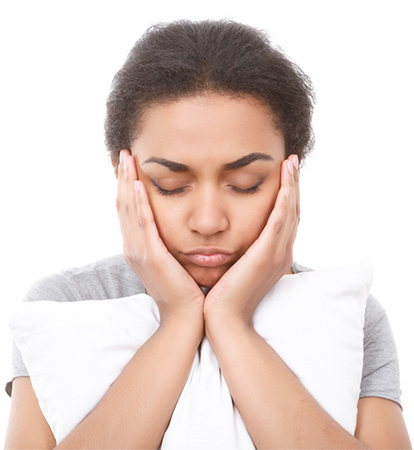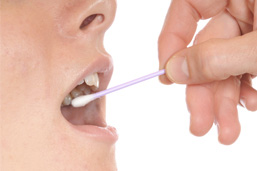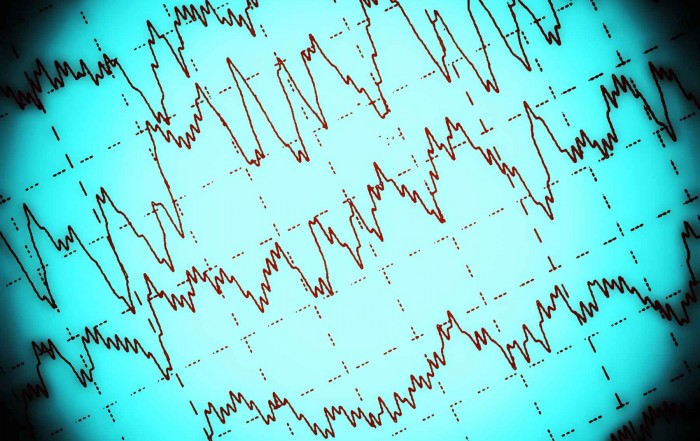Narcolepsy (HLA-DQB1*06:02) Genotyping
Find out if you are at risk
- Excessive daytime sleepiness can be a sign of narcolepsy
- Narcolepsy affects 1 in 2000 people
- 90 – 99% of patients with narcolepsy test positive for HLA-DQB1*06:02
- Having a family member with narcolepsy increases your risk by 20 to 40x
- Simple mouth swab DNA test with results in 1 – 2 weeks

What is Narcolepsy (HLA-DQB1*06:02) Genotyping?

The gene most commonly associated with narcolepsy is called HLA-DQB1. HLA-DQB1 encodes a component of the human leukocyte antigen complex, which is an important part of the immune system. There are several hundred different HLA-DQB1 alleles. HLA-DQB1 genotyping determines the presence or absence of the DQB1*06:02 allele, which is strongly associated with an increased risk of narcolepsy.
The Narcolepsy (HLA-DQB1*06:02) Genotyping Test uses high resolution Sequence Based Typing (SBT) technology to confirm an individual’s HLA-DQB1 genotype. SBT testing technology is able to distinguish whether an individual has two copies of HLA-DQB1*06:02 (homozygous), one copy of HLA-DQB1*06:02 (heterozygous) or whether an individual is clear of the HLA-DQB1*06:02 allele.
Step-by-Step
The kit can be ordered online, by fax or mail, or by phone. Once you place the order, the testing kit will be shipped directly to you. The kit contains swabs called “buccal swabs”. DNA is collected quickly and easily by rubbing the swabs inside your mouth against the cheek for 30 seconds. Once the DNA is collected, the swabs are placed into the specimen container provided in the kit and returned to the laboratory for testing using the return package included in the testing kit. Once your samples arrive at the laboratory, testing begins immediately and results are available in 1 to 2 weeks.
Symptoms of Narcolepsy
Excessive Daytime Sleepiness
The most common and first symptom of narcolepsy is excessive daytime sleepiness. First symptoms usually begin between 10 to 25 years of age :
- Episodes of falling asleep suddenly, anywhere, anytime
- Mental cloudiness or problems focusing during sleepy periods
- Sleep for up to 30 minutes, then awaken feeling refreshed
- Eventually feeling sleepy again even after napping
- Lack of energy or alertness during the day
- Difficulty concentrating or functioning due to daytime sleepiness
Sudden Loss of Muscle Tone
This symptom is also known as cataplexy. Not all people with narcolepsy experience cataplexy. Those who do experience cataplexy may experience it as infrequently as a few times a year or as frequently as several times a day. Cataplexy can last for a few seconds to a few minutes. During an episode of cataplexy, the following can occur:
- Slurred speech
- Muscle weakness
- Sudden head drooping or knees buckling
Other Symptoms
All people with narcolepsy experience excessive sleepiness during the day. Other symptoms may include:
Frequently Asked Questions
Get Started
Narcolepsy Learning Center
What are the recommended lifestyle modifications for people with Narcolepsy?
Several lifestyle modifications are highly recommended for people with narcolepsy in order to help cope with symptoms: Consistent sleeping schedule A regular sleeping schedule should be maintained to control the circadian rhythm. By having a [...]
How is Narcolepsy treated?
To date, there is no cure for narcolepsy. However, there are medications that can help to alleviate the symptoms. There are three general types of drugs used for treating the symptoms of narcolepsy: 1. Amphetamine-like [...]
How is Narcolepsy diagnosed?
Narcolepsy diagnosis is based on symptoms, physical examination and sleep records. Since the major symptoms are non-specific to narcolepsy, several specialized tests such as polysomnograms and multiple sleep latency tests are required to confirm the [...]






